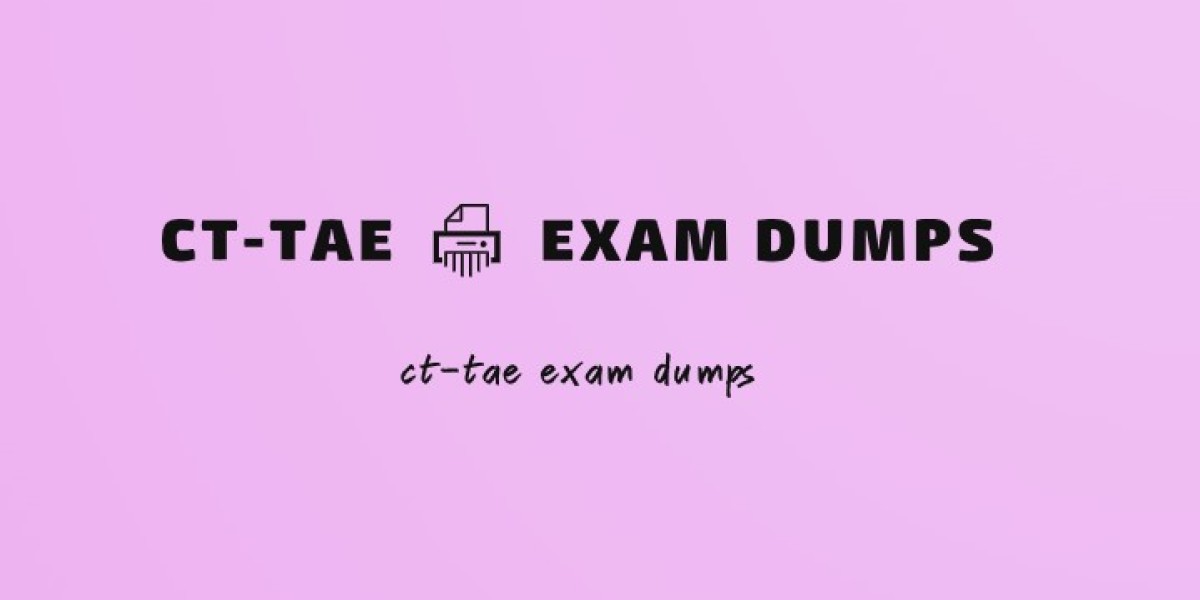The Chartered Financial Analyst (CFA) certification is one of the most prestigious qualifications in the world of finance. It is designed for professionals who want to deepen their knowledge of investment management, financial analysis, and ethical standards. Earning this certification can open doors to advanced roles in finance, including portfolio management, investment research, and risk management.
What is CFA Certification?
CFA certification is a globally recognized credential offered by an international organization that sets the standard for investment professionals. This certification focuses on investment management and financial analysis, providing candidates with the knowledge and skills to succeed in various finance-related careers.
The certification covers three levels, each designed to progressively deepen your understanding of key financial topics. The curriculum includes subjects such as equity analysis, fixed-income securities, portfolio management, and ethical standards. By the time candidates complete all three levels, they will have a solid grasp of advanced financial concepts and how to apply them in real-world scenarios.
Why Pursue CFA Certification?
There are several reasons why finance professionals pursue CFA certification:
- Career Advancement: CFA certification is highly regarded by employers worldwide, making it a valuable asset for advancing in your finance career.
- Global Recognition: The CFA credential is recognized across the globe, offering opportunities to work in various markets and industries.
- Expert Knowledge: The curriculum focuses on essential areas of finance, allowing candidates to build a strong foundation in investment management and financial analysis.
- Networking Opportunities: As a CFA charterholder, you will join a network of finance professionals, providing opportunities for collaboration and career growth.
Eligibility for CFA Certification
Before starting the process of obtaining CFA certification, you need to meet certain eligibility requirements. To enroll in the CFA program, you must have:
- A bachelor’s degree (or be in the final year of your degree program), or
- Four years of relevant work experience, or
- A combination of work and education that totals at least four years.
Additionally, candidates must adhere to the ethical and professional conduct guidelines outlined by the CFA program.
The CFA Exam Structure
The CFA certification process involves passing three exams: Level I, Level II, and Level III. Each exam builds on the material covered in the previous level, becoming more complex as candidates progress.
1. Level I
- Focus: Introduction to the fundamentals of financial analysis and investment management.
- Format: Multiple-choice questions.
- Topics Covered: Ethical standards, quantitative methods, economics, financial reporting, corporate finance, equity investments, fixed income, derivatives, alternative investments, portfolio management.
2. Level II
- Focus: More detailed and complex topics in asset valuation and investment analysis.
- Format: Item set questions (case studies followed by multiple questions).
- Topics Covered: Similar to Level I, but in more depth with a focus on applying analytical skills in real-world situations.
3. Level III
- Focus: Portfolio management and wealth planning, including how to apply the skills learned in Levels I and II.
- Format: Essay questions and item sets.
- Topics Covered: Ethical standards, portfolio management, fixed income, equity investments, risk management, and more.
Each exam level takes around 300 hours of preparation, and candidates typically need several months of study to pass.
CFA Exam Fees
The costs associated with earning CFA certification can vary depending on when you register for the exams and other factors. Although we won't discuss exact figures, it's important to be aware of the costs you'll encounter.
1. Enrolment Fee
- First-time CFA candidates must pay an enrollment fee when registering for their Level I exam.
2. Registration Fees
- Each exam level (I, II, and III) requires a separate registration fee.
- There are early, standard, and late registration periods, with early registration offering lower fees.
3. Additional Costs
- Apart from the exam fees, candidates should account for study materials, preparation courses, and any additional resources they might need for effective studying.
It's important to plan for these costs as part of your journey to earning the CFA certification. While the fees may seem high, the long-term benefits of CFA certification, such as increased earning potential and career opportunities, often outweigh the initial investment.
Time Commitment for CFA Certification
One of the most critical aspects of earning the CFA certification is the time commitment. On average, candidates spend around 300 hours preparing for each exam level. This preparation involves studying the curriculum, completing practice exams, and reviewing materials.
The total time to complete all three levels varies based on your schedule and how quickly you can pass each exam. It is common for candidates to take around three to four years to finish all three levels, especially if they are balancing work or other commitments.
Benefits of CFA Certification
Achieving CFA certification can significantly impact your career and open up new opportunities. Some of the key benefits include:
- Increased Earning Potential: CFA charter holders often earn higher salaries compared to non-certified peers. The credential is associated with advanced roles in finance, which typically offer better compensation.
- Career Opportunities: CFA charter holders are in demand in areas such as investment banking, portfolio management, equity research, and risk management. Many companies prefer hiring candidates with this credential because of their expertise.
- Enhanced Skills: The rigorous curriculum ensures that candidates develop a deep understanding of financial markets, investment strategies, and ethical practices, making them valuable assets to employers.
- Global Opportunities: Since CFA certification is recognized worldwide, it opens up the possibility of working in international markets, making it ideal for finance professionals who wish to work abroad.
Preparing for the CFA Exams
To increase your chances of passing the CFA exams fees, it’s essential to have a well-structured study plan. Here are some tips to help you prepare:
- Start Early: Begin studying well in advance of the exam to ensure you cover all the material.
- Practice Regularly: Take practice exams to familiarize yourself with the format and identify areas where you need improvement.
- Focus on Key Topics: Some topics, such as ethics and portfolio management, carry more weight in the exams, so make sure you allocate more time to these areas.
- Stay Consistent: Dedicate a specific number of hours each week to studying and stick to your schedule.
Conclusion
CFA certification is a valuable credential for finance professionals looking to advance their careers. It offers in-depth knowledge of financial analysis, investment management, and ethical practices, and is recognized globally. The journey to becoming a CFA charter holder requires dedication, time, and financial investment, but the long-term benefits make it a worthwhile pursuit.








